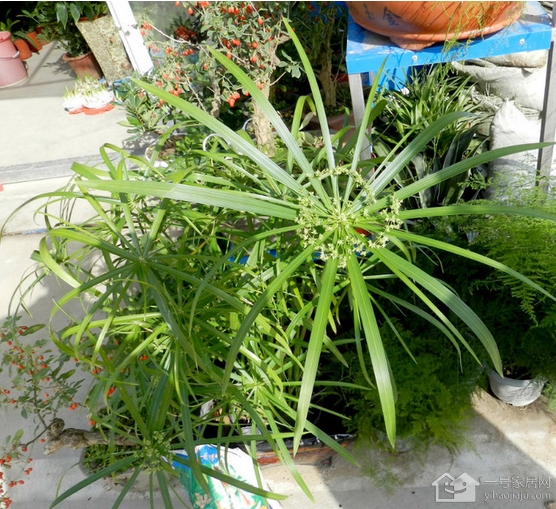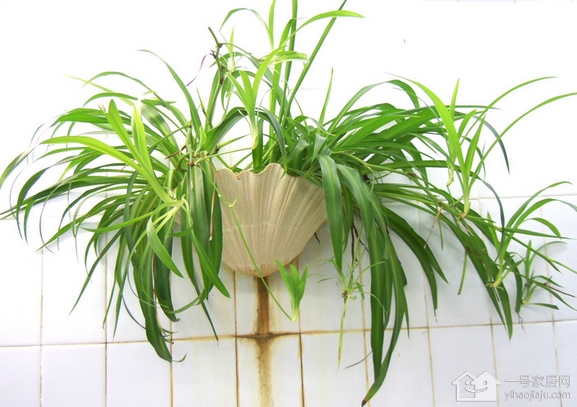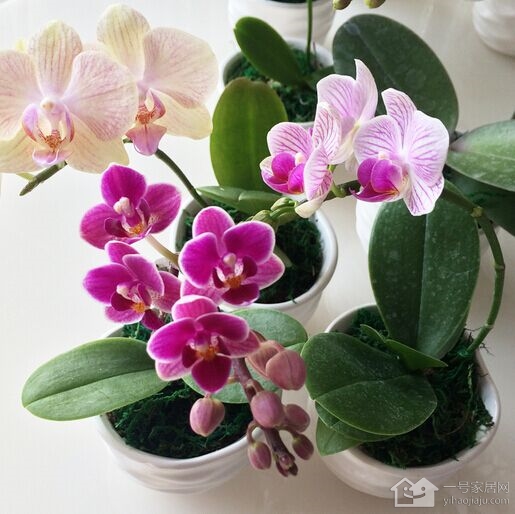Do not move back home several kinds of indoor plants that are harmful to the human body.
With the progress of society and the improvement of the quality of human life, most people begin to raise flowers and plants at home, but while these plants are protected, they may also hurt their families and their own bodies. When we raise plants at home, we may value the shape of the plant itself and its green health, but we don't realize that these plants may hurt ourselves when we don't know him well. The following editor will show you that there can be no dangerous plants around you.

Growing flowers and grass indoors can "create" a good microclimate. The air humidity in the modern building built with precast reinforced concrete slabs is much lower than the normal standard, almost the same as the desert. And a plant called sedge can turn "desert" into "oasis". Sedges like water, so potted sedges should be placed in a deep trough. Many flowers and plants suitable for indoor planting have bactericidal function. If there are some potted oranges, rosemary, mahogany, orchids and so on in the room, the bacteria and microbes in the air will be greatly reduced.

People will feel suffocated in a stuffy room, not because of the lack of oxygen in the room, but because of a shortage of negative oxygen ions. When there is a TV or computer in the room, the negative oxygen ions will decrease rapidly. Many flowers and plants that can be grown indoors can produce negative oxygen ions-these flowers are cypress, Platycladus orientalis and Cryptomeria fortunei. If the indoor area is too small, you might as well change the species and plant some low plants, such as cactus. At present, it is popular in the West to cultivate spruce and other low conifers on the balcony, which can fill the room with refreshing fragrance. Putting some anti-pollution flowers and plants in the room can also play the role of air purifier. Such as: ivy can "eat" benzene, hanging orchid can "swallow" indoor carbon monoxide, formaldehyde, and the bracts of Tiannanxing can absorb benzene and trichloroethylene. If there is a kind of anti-pollution plant in the 10-square-meter room, it will be greatly beneficial to air purification.

Not every kind of flower is suitable for viewing in the room. for everyone's health, the following eleven kinds of flowers are not suitable for the bedroom:
1. Orchids: its aroma can cause insomnia.
2. Bauhinia: its pollen can induce asthma or aggravate cough symptoms.
3. Mimosa: its body contains herbs that can make hair fall off.
4. Rose: its rich fragrance will make some people feel uncomfortable, hold their breath and have difficulty in breathing.
5. Lilies: its fragrance will also excite the central nervous system and cause insomnia.
6. Nocturnal incense: its aroma will make patients with high blood pressure and heart disease feel dizzy and depressed.
7. Oleander: its secretions can cause poisoning, drowsiness and mental decline.
8. Pine and cypress: the aromatic smell of pine and cypress flowers and trees has an irritating effect on the intestines and stomach of the human body.
9. Hydrangea: the particles it emits can cause skin allergies and cause pruritus.
10. Tulips: its flowers contain a poison that can accelerate hair loss if they are exposed to it for too long.
11. Yellow rhododendron: its flowers contain a toxin. once eaten by mistake, the light ones will cause poisoning and the severe ones will cause shock.
The above is the relevant introduction about indoor plants. Although the flowers are beautiful, they also look particularly beautiful at home, but many flowers are easy to affect human health and are not easy to be put indoors because of their special strong fragrance. We should pay attention to the 11 kinds of flowers mentioned above that are not suitable for indoor use.
- Prev

Pictures and names of flowers recommended by Daquan of 6 kinds of plants
Pictures and names of flowers recommended by Daquan of 6 kinds of plants
- Next

Recommended indoor plant species detailed explanation of indoor plant function
Recommended indoor plant species detailed explanation of indoor plant function
Related
- Wuhan Hospital Iron Tree Blooming Result Was Instantly Frightened by the Gardener Master
- Which variety of camellia is the most fragrant and best? Which one do you like best?
- What is the small blue coat, the breeding methods and matters needing attention of the succulent plant
- Dormancy time and maintenance management of succulent plants during dormancy
- Minas succulent how to raise, Minas succulent plant pictures
- What are the varieties of winter succulent plants
- How to raise succulent plants in twelve rolls? let's take a look at some experience of breeding twelve rolls.
- Attention should be paid to water control for succulent plants during dormant period (winter and summer)
- Watering experience of twelve rolls of succulent plants
- Techniques for fertilizing succulent plants. An article will let you know how to fertilize succulent plants.

